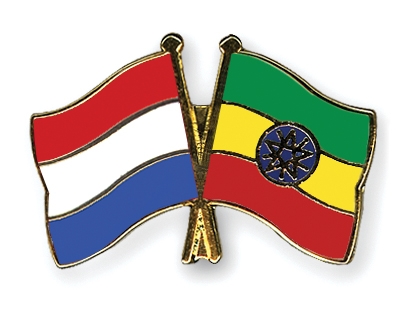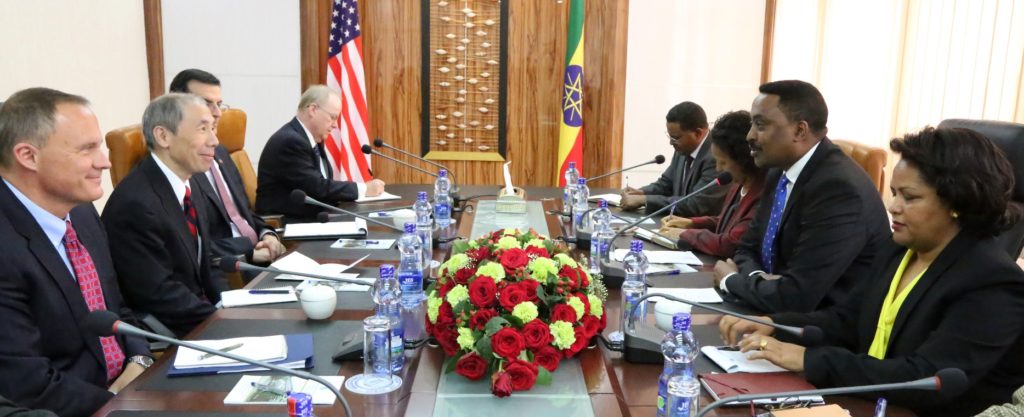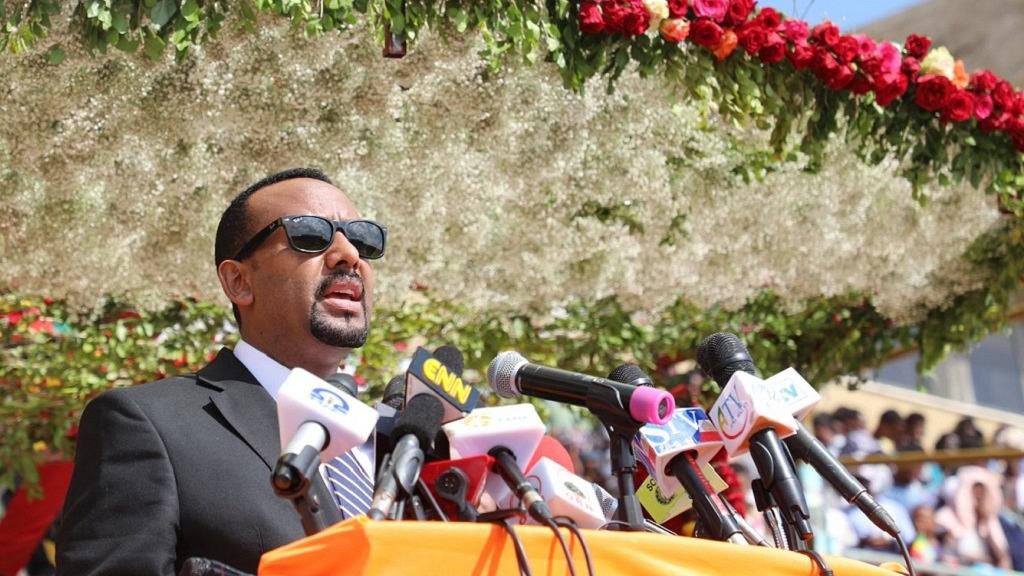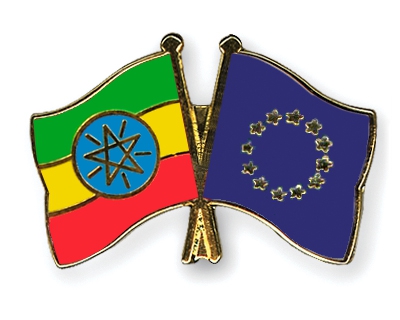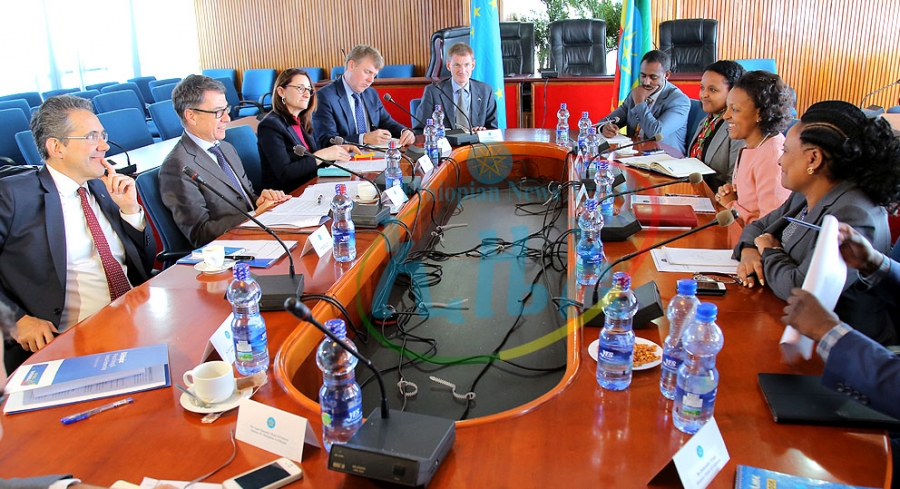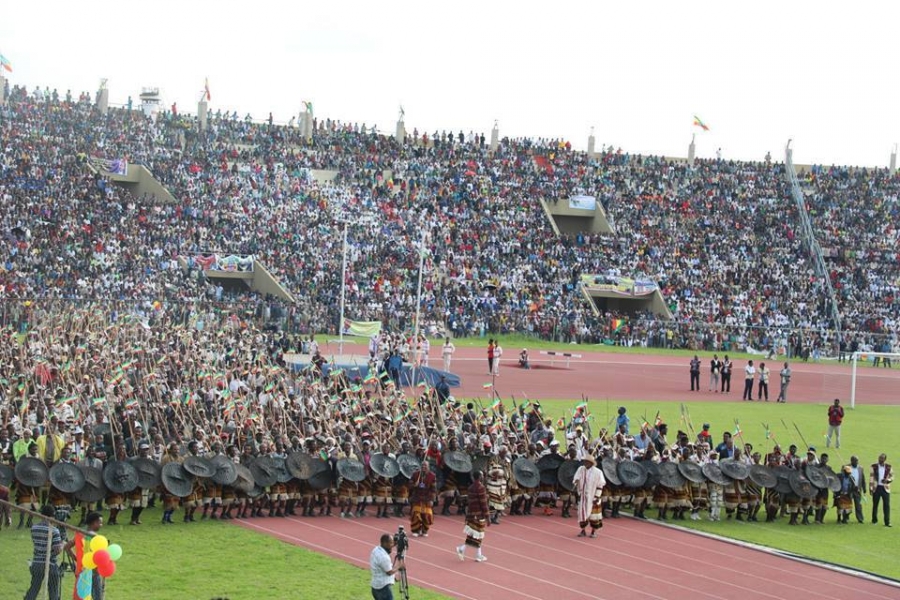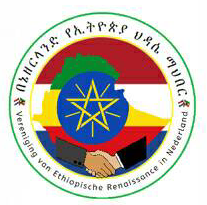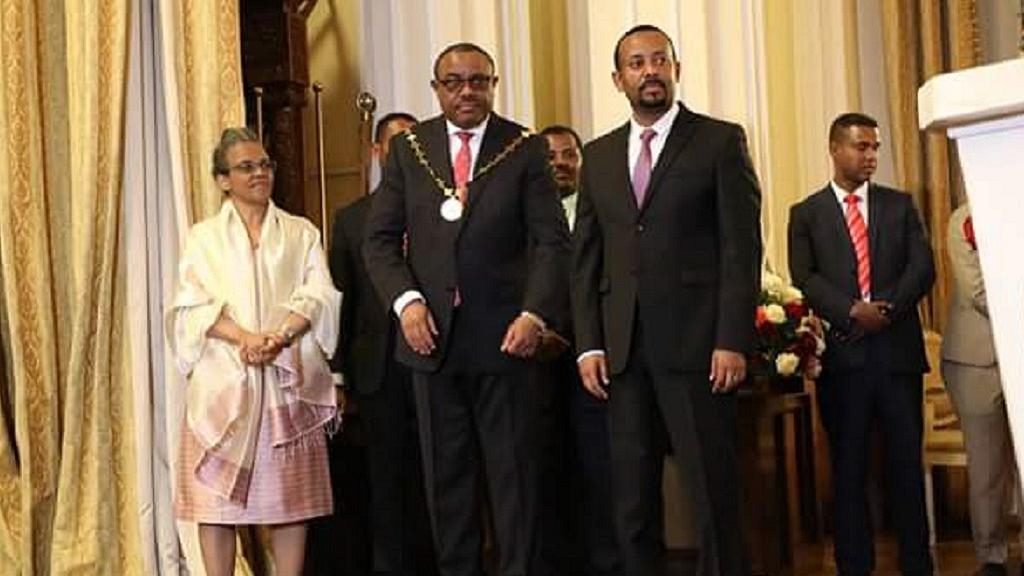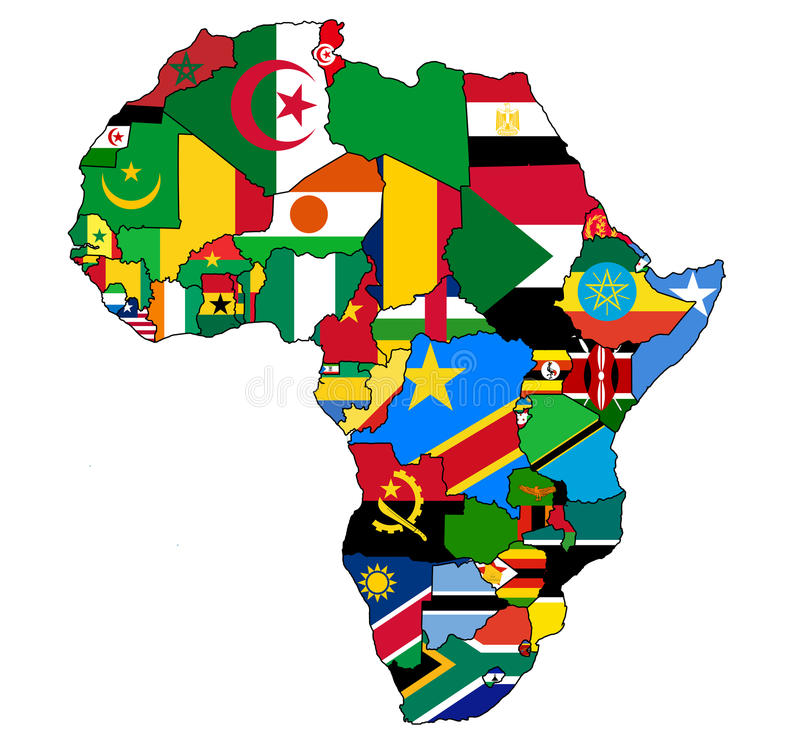Ethiopia and the Netherlands are consolidating their social, political and economic cooperations hand in hand, according to Ambassador of the Netherlands to Ethiopia, His Excellency Bengt van Loosdrecht.
The two countries are working together in three fields (food security, healthcare and political freedom) which are very important for the growing population that depends on agriculture production.
Ambassador Bengt also says that Ethiopia and the Netherlands have been partners since 1991 when the government of Meles Zenawi took over the power. Since then, the Netherlands felt that there is some important thing happened in this country and proposed projects with a programme of shared growth and vision with all Ethiopians, he added.
Secondly, the Netherlands want to support Ethiopia particularly in basic services like healthcare and education. In this regard, Ambassador Bengt says the two countries are cooperating in Sexual and Reproduction Health Rights (SRHR), which is important for a growing nation.
According to the Ambassador, it is essential to know what women rights are, that they have to access to healthcare and livelihood.
The other support is on good governance for the judicial system to widen democratic space and diversity without wanting to change the system overnight; it is about giving people an option to expressing or voicing their ideas in their country.
It is about establishing fundamental freedoms that Ethiopia has adhered to. The political, diplomatic, economic and social cooperation of the two countries will further continue to reach the highest level.
